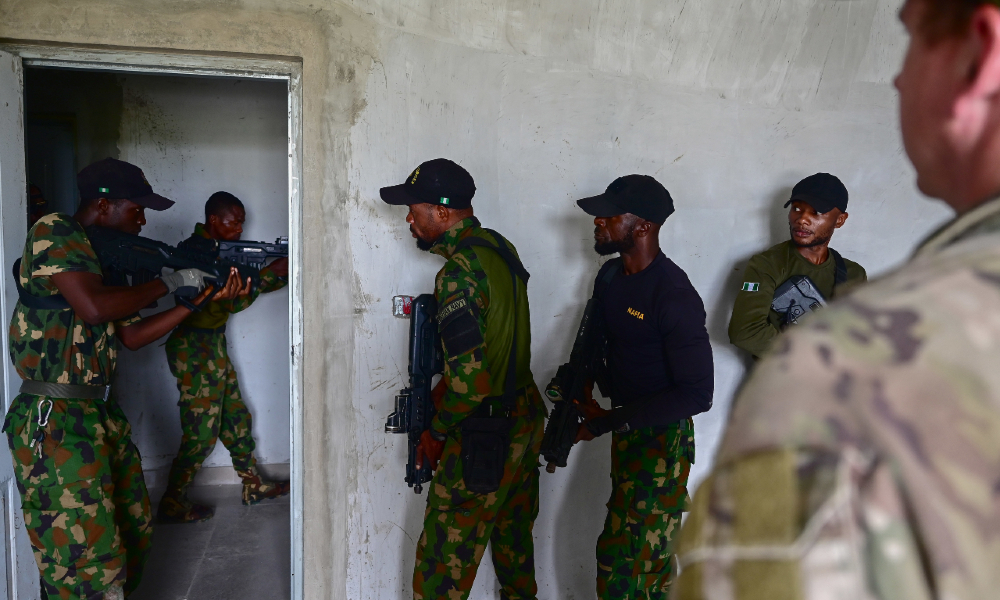Kate Martin on Military Commissions and the Historical Record
Kate Martin of the Center for National Security Studies writes in with the following response to a post of mine last week on military commissions:
I write simply to correct a bit of history. In writing about the breadth of changes since 2001, Jack writes: “For me the main issue is how far we have come from the 2001 baseline, and why. Throughout the Bush years many critics maintained that military commissions simply weren’t under any guise consistent with the Constitut
Published by The Lawfare Institute
in Cooperation With

Kate Martin of the Center for National Security Studies writes in with the following response to a post of mine last week on military commissions:
I write simply to correct a bit of history. In writing about the breadth of changes since 2001, Jack writes: “For me the main issue is how far we have come from the 2001 baseline, and why. Throughout the Bush years many critics maintained that military commissions simply weren’t under any guise consistent with the Constitution.” As one of the first critics of the military commission order, I must respectfully point out that it’s not true that civil liberties and human rights groups maintained that military commissions could not be consistent with the Constitution. To the contrary, a decade ago, we outlined how they could be constitutional. In the spring of 2002, a group of prominent organizations issued a statement on the use of the military commissions created by President Bush and the Defense Department. While the statement outlined serious objections to those procedures, it also acknowledged that military commissions in appropriate circumstances and with appropriate rules could well be constitutional.I referred to “many critics,” not “civil liberties and human rights groups” specifically, but I am indeed surprised and happy to learn that as far back as 2002 many important human rights organizations were not per se opposed to military commissions. I think the 2002 statement Martin refers to is an important one, for reasons I will come back to later this week.
Jack Goldsmith is the Learned Hand Professor at Harvard Law School, co-founder of Lawfare, and a Non-Resident Senior Fellow at the American Enterprise Institute. Before coming to Harvard, Professor Goldsmith served as Assistant Attorney General, Office of Legal Counsel from 2003-2004, and Special Counsel to the Department of Defense from 2002-2003.





